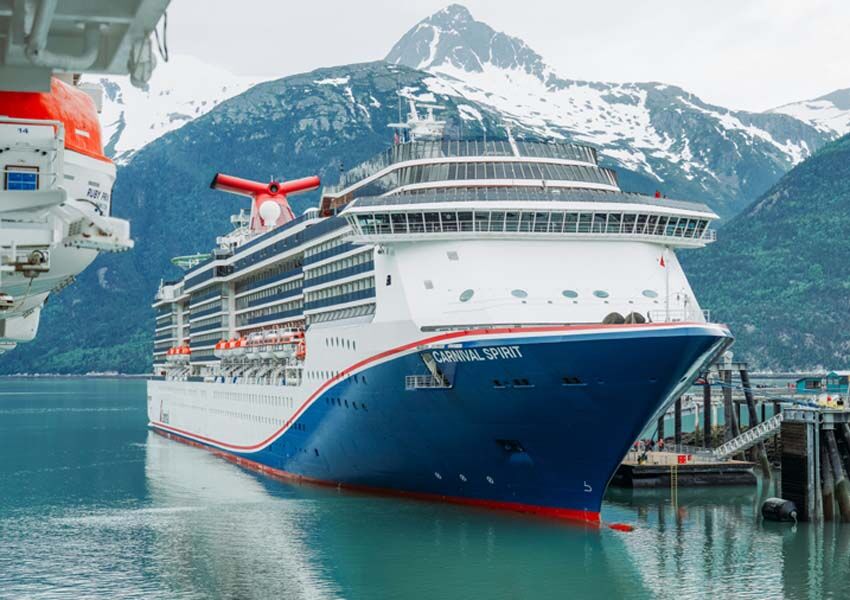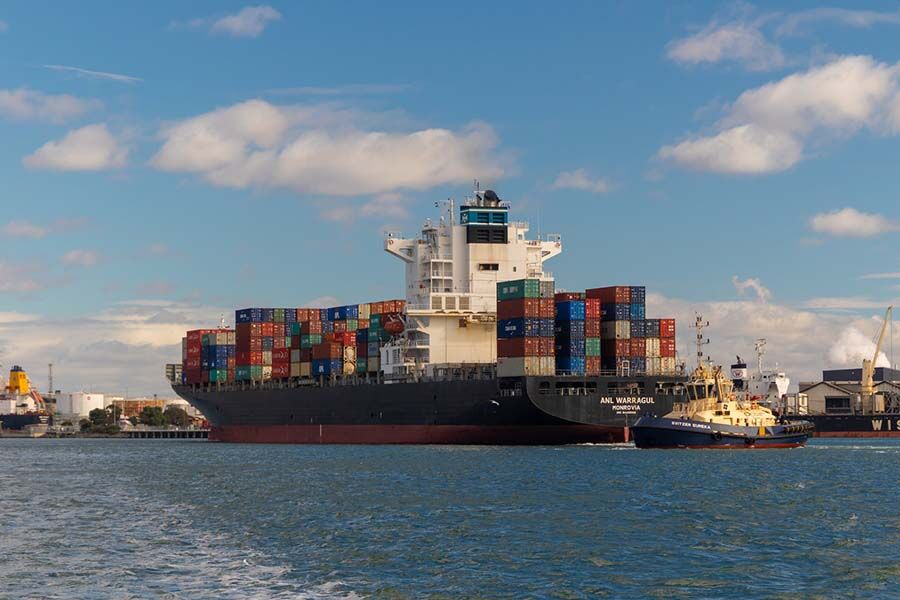Blog
6 Ways Self-driving Technology Will Impact the Canada Freight Transportation Industry
The rise of Self-driving technology is set to revolutionize many industries, and the Canada freight sector is no exception. With advancements in autonomous vehicles and smart logistics systems, freight transportation across Canada is on the cusp of significant change. Here are six ways Self-driving technology will reshape the future of Canada freight. 1. Increased Efficiency…
Read MorePrime Minister Mark Carney’s administration has implemented significant policies affecting Canada shipping industry
Canada Shipping Infrastructure Investments and Supply Chain Resilience To enhance Canada’s transportation network and reduce reliance on U.S. trade routes, Carney’s government has introduced several initiatives: 1. First Mile Fund: This fund aims to improve connections between resource extraction sites and major transportation corridors, facilitating efficient movement of goods. 2. Hudson Bay Railway and Port…
Read More8 Advanced Shipping Strategies for China’s Peak Seasons
China’s major peak seasons, such as Chinese New Year, Golden Week, and Singles’ Day (Double 11), create some of the world’s most challenging logistics environments. For businesses that rely on sourcing from China, developing the right shipping strategies is crucial to maintaining stability and customer satisfaction. Working with a reliable shipping company and planning ahead…
Read MoreWhat would happen if B.C. restricted truck traffic in Alaska
British Columbia’s proposal to impose tolls on commercial trucks passing through the province on their way to Alaska has raised significant concerns among stakeholders, especially shipping services companies. The measure is part of a broader response to the threat of U.S. tariffs. Potential Impacts on Alaska: Increased Transportation Costs: Tolls could raise the cost of…
Read MoreUnderstanding the Basics of a Bill of Lading in Vancouver Shipping Company
A Bill of Lading (BOL) is a crucial document in the shipping industry, acting as a contract, receipt, and document of title for transported goods. Whether you are working with a Vancouver shipping company for international trade or domestic freight, understanding the basics of a BOL is essential. 1. What is a Bill of Lading?…
Read MoreTrump’s 25% Tariff on Canada: Impact on Transportation & Canada Shipping Companies
The recent 25% tariff imposed by former U.S. President Donald Trump on Canadian imports (effective February 1, 2025) is expected to have major consequences for transportation and Canada Shipping Companies. Key Impacts on Canada Shipping Companies 1️⃣ Increased Transportation Costs Canada shipping companies will face higher import/export costs, leading to increased freight rates. U.S. businesses…
Read MoreCanada Customs complicates carrier codes
The Canada Border Services Agency (CBSA) has recently updated its procedures for issuing carrier codes, particularly affecting marine carriers and shipping company. Previously, carriers and shipping company could obtain these codes through a paper-based application process, often facilitated by agents. However, with the implementation of the CBSA Assessment and Revenue Management (CARM) system, the process…
Read MoreHow Do I Choose a Shipping Company in BC Canada?
Choosing a shipping company in British Columbia, Canada, requires considering local and regional factors in addition to general shipping requirements. Here’s a guide tailored for selecting a shipping company in BC: 1. Understand Your Shipping Needs Goods Type: Are you shipping regular packages, oversized items, fragile goods, or hazardous materials? Frequency: Determine whether you require…
Read MoreIf Trump is elected, what impact will it have on the international shipping industry?
If Donald Trump is re-elected, the international shipping industry could experience substantial shifts due to his stance on trade and energy. His proposal to increase tariffs on all imports, especially from China, would escalate import costs, encouraging U.S. companies to seek alternative sourcing. This may initially boost demand for container shipping due to a rush…
Read MoreMultimodal transportation influence on the logistics business in BC
Multimodal transportation is having a significant impact on the logistics industry in British Columbia (BC), and its influence is expected to grow as the province increasingly adopts sustainable, efficient, and connected transportation systems. BC’s unique geography, including its coastal regions, major ports, and proximity to global trade routes, makes it a vital hub for logistics…
Read More









